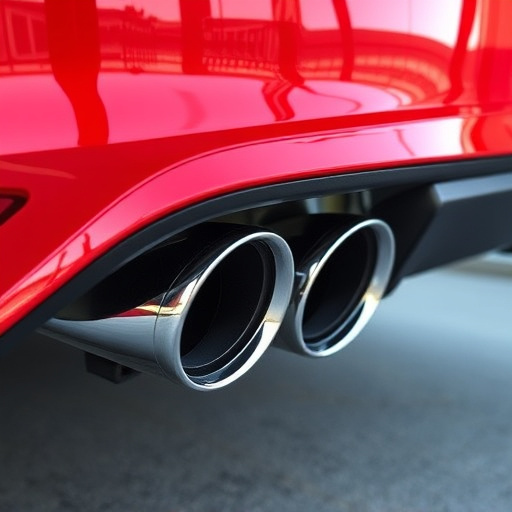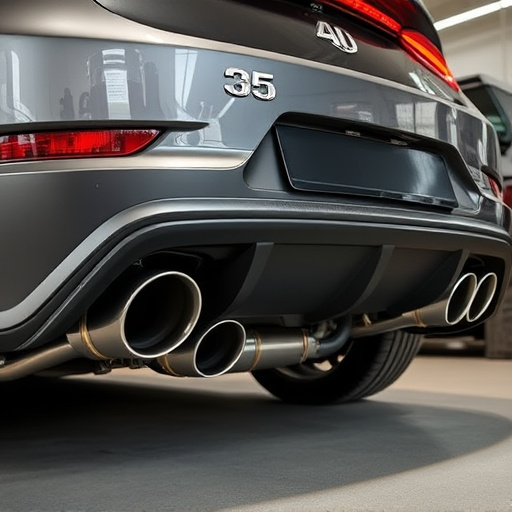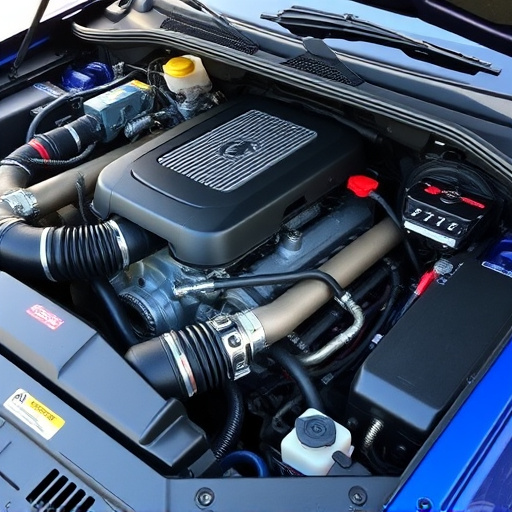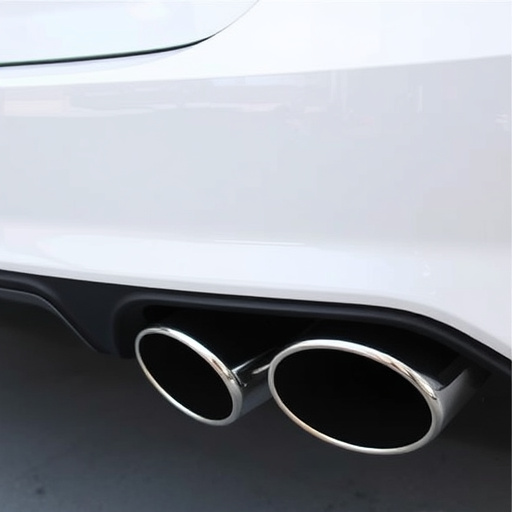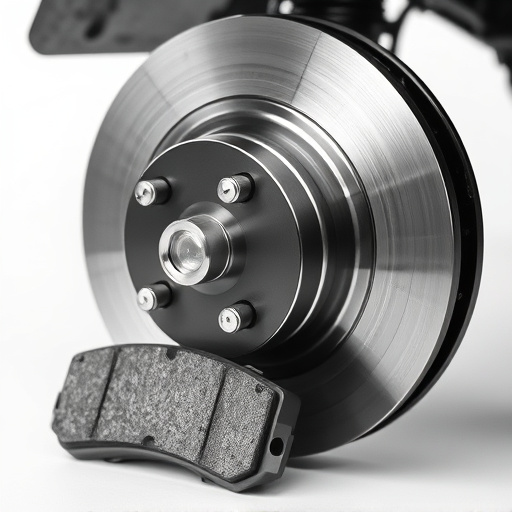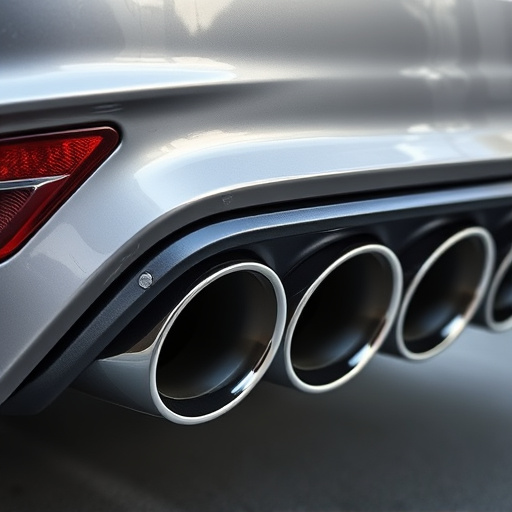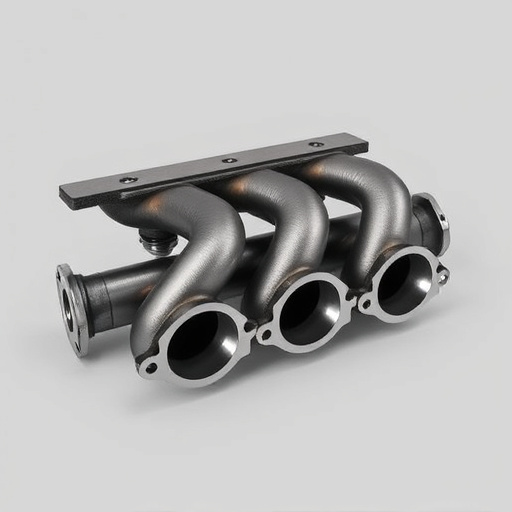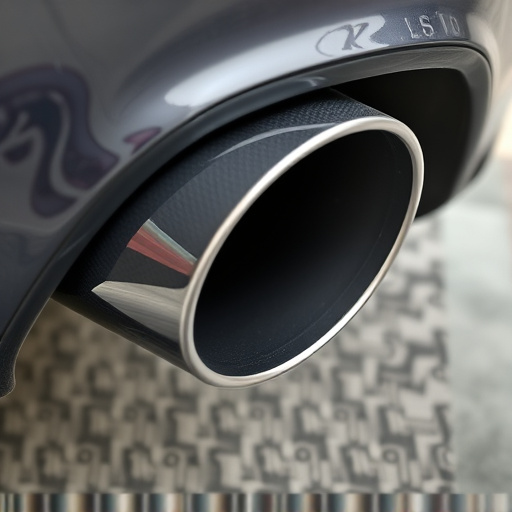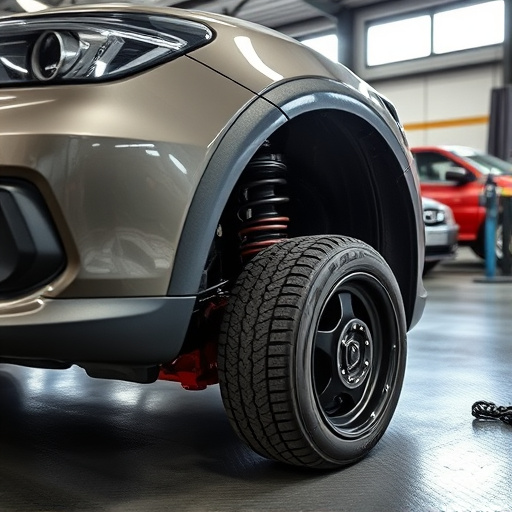Air intake installation, while enhancing engine performance, demands ECU (Engine Control Unit) reprogramming for optimal results. This is because custom air intake systems alter air/fuel ratios, affecting the ECU's settings and requiring adjustments to maintain or improve fuel efficiency. Reprogramming ensures smoother operation, better throttle response, enhanced horsepower and torque, and safety when paired with other vehicle modifications.
Air intake installation is a popular modification for car enthusiasts seeking improved performance. However, simply adding a new air filter or cold air intake isn’t always enough. In many cases, these upgrades require ECU (Engine Control Unit) reprogramming for optimal results. This process fine-tunes the vehicle’s engine management system to match the changes made to the air intake, leading to enhanced power and efficiency. Understanding when and why this step is crucial can ensure a smoother, more powerful driving experience.
- Understanding Air Intake Installation and Its Impact on ECU
- When Reprogramming is Necessary: Signs and Benefits
- The Process of ECU Reprogramming for Optimized Performance
Understanding Air Intake Installation and Its Impact on ECU
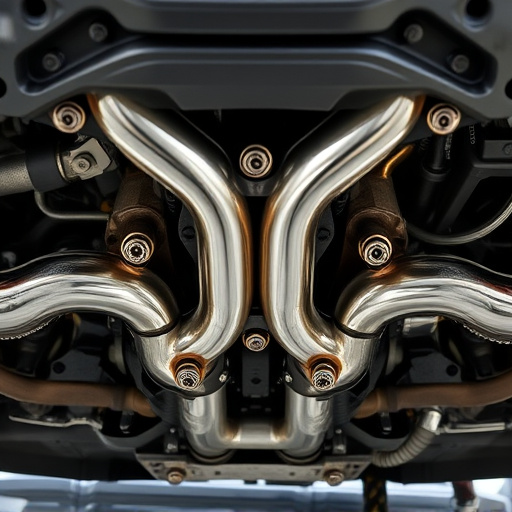
Air intake installation is a key modification often sought by vehicle owners looking to enhance their car’s performance. This process involves replacing the stock air intake system with a custom-designed one, designed to optimize airflow into the engine. Cold air intakes, for instance, draw in cooler air from outside the cabin, which can lead to improved combustion efficiency. Similarly, performance exhaust systems and upgraded performance brakes may also require ECU reprogramming to ensure optimal interaction between components.
The impact of air intake installation on the Engine Control Unit (ECU) cannot be understated. The ECU is the brain of a vehicle’s engine management system, responsible for regulating various parameters such as fuel injection, ignition timing, and throttle response. When a new air intake system is installed, it can alter these parameters by introducing different air temperatures, pressures, and densities into the engine. Consequently, the ECU needs to be reprogrammed to accurately compensate for these changes, ensuring the vehicle continues to perform optimally while adhering to emission standards.
When Reprogramming is Necessary: Signs and Benefits
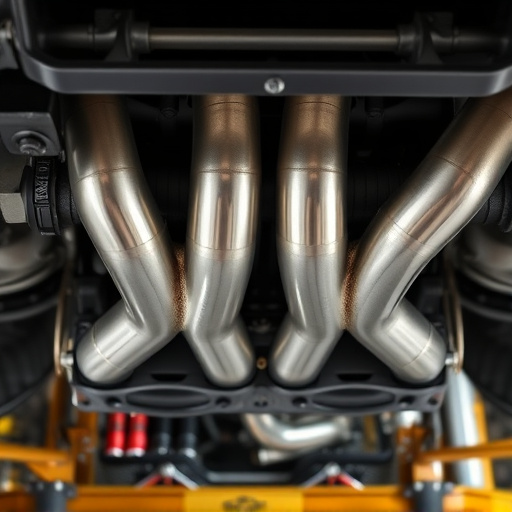
When an air intake installation is undertaken, it’s crucial to understand when ECU reprogramming becomes necessary. This is especially true for those looking to enhance their vehicle’s performance. Reprogramming might be required if the new air intake system significantly alters the engine’s operating conditions. For instance, high-flow air intakes can change air/fuel ratios, which in turn affects the Engine Control Unit (ECU)’s optimized settings for fuel injection and timing.
The benefits of ECU reprogramming in these scenarios are multifaceted. Firstly, it ensures optimal vehicle performance by fine-tuning the engine’s response to the modified intake system. This can lead to improved horsepower and torque outputs. Secondly, it helps maintain or even enhance fuel efficiency, as the ECU is updated to manage the engine more efficiently under varying load conditions. Lastly, reprogramming can also be a solution for any potential issues that arise due to the intake modification, ensuring your vehicle runs smoothly without compromising safety or reliability, especially when considering other components like suspension and brake systems.
The Process of ECU Reprogramming for Optimized Performance
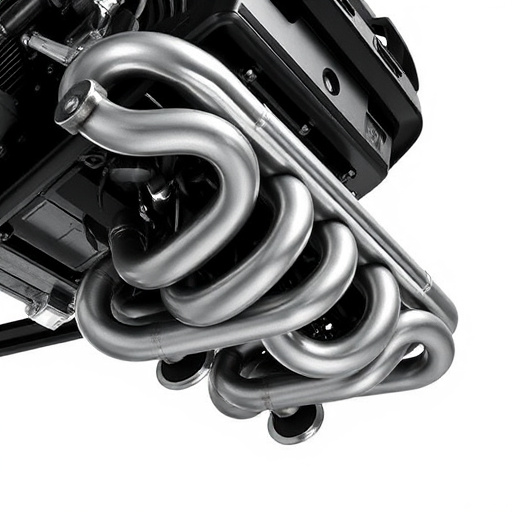
When undertaking an air intake installation, it’s crucial to understand that ECU (Engine Control Unit) reprogramming often plays a pivotal role in achieving optimized vehicle performance. This process involves advanced diagnostics and precise coding adjustments to tailor the ECU’s behavior to the modified air intake systems. By reconfiguring the firmware, the ECU can better manage the increased air flow, ensuring optimal combustion and enhancing overall efficiency of your vehicle’s engine.
The benefits extend beyond mere power gains; ECU reprogramming also enables improved throttle response, smoother power delivery, and enhanced fuel economy, especially when combined with high-performance exhaust systems. This method allows for a more personalized tuning experience, fine-tuning every aspect to match the driver’s preferences and the specific characteristics of their vehicle.
Air intake installation can significantly enhance engine performance, but it’s crucial to understand that this modification may require ECU reprogramming. By recognizing the signs of needed reprogramming and undergoing the process, vehicle owners can enjoy improved throttle response, increased horsepower, and enhanced fuel efficiency. These benefits contribute to a more dynamic driving experience while ensuring optimal engine functionality.
